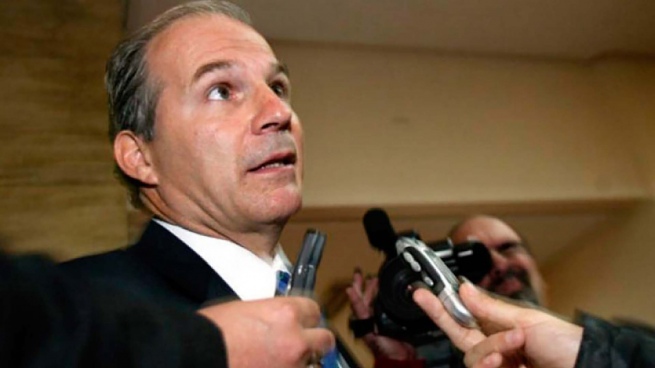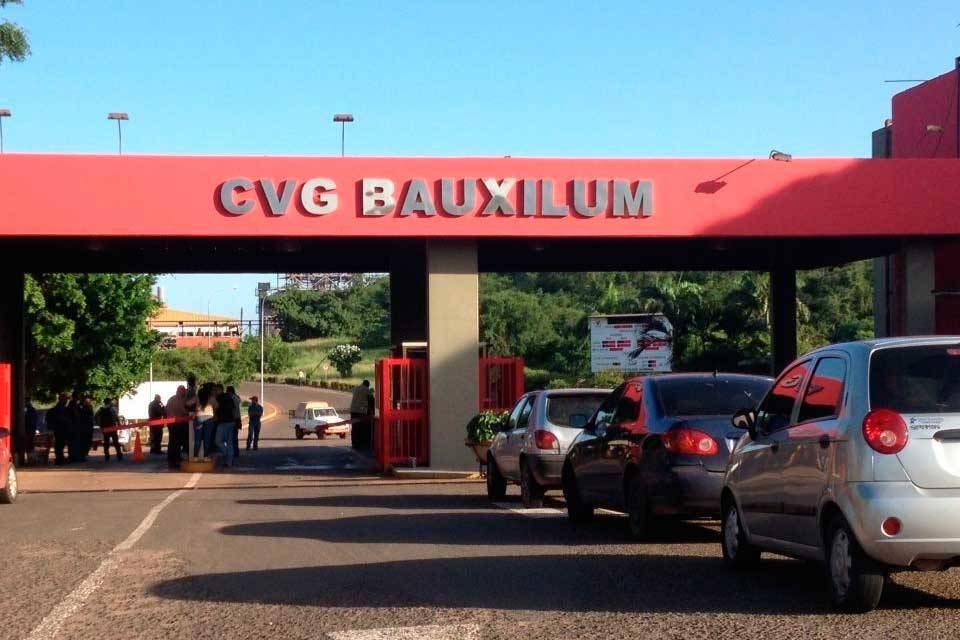Former judge Mariano Bergés, who in 1993 prosecuted the same leaders of the Yoga School of Buenos Aires who were arrested over the weekend for the same crimes, assured that “It is a case that should have ended in trial” 30 years ago and compared the actions of that organization with the one led by Leonardo Cositorto of pyramid scams because “what matters most (to the leaders) is to get money from the people.”
“At that time the investigation advanced to the point of being very close to the oral trial and should have ended in conviction, but it did not happen,” Bergés said in dialogue with Radio con Vos.
The former magistrate explained that he could not achieve that outcome because “the sixth chamber of the appeals chamber was wrong at that time” by acting in an “easy and light manner, typical of Argentine justice”, such as giving in to a barrage of challenges, “and he took the cause from me”.
“Before, the prosecution had been confirmed and the testimonial statements of a lot of people from the Buenos Aires School of Yoga had been ordered and they, with a very annoying but very effective strategy, began to recuse me every day, until it happened to another court and the work structure changed, the case was diluted “told about what happened in the 90s.
Regarding the pressures that may have derived from the good ties that the organization had with politicians at the highest level at that time, Bergés assured: “I would not say that this case was due to political issues” although the accused “used very punctually and effective” photographs they had with President Carlos Menem, ministers and governors.
From those images “they sold to everyone who had influence,” he added.

However, he acknowledged that the former president of the Supreme Court Carlos Fayt “called me to pressure me” so that “I would change a resolution related to the freedom of these people” but the answer was that “I was not going to do something different from what I do with any citizen” and that earned him “get angry with me”.
“I have no doubt that this would have ended well, but at that time a large part of the system understood that I was some kind of crazy person who was investigating a sectarian group and, at the same time, many people criticized me because they said that I I was messing with the personal freedom of these people,” he said.
Research in the ’90s
Regarding the investigation, Bergés recalled that “we put together a very large file and a lot of things were proven but we did not prove – because there was no complaint about it – the corruption of minors.”
“Our big problem is that corruption of the elderly was reported and although there was an article in the Penal Code at the time – 125 – that spoke of sexual corruption of the elderly, it was infinitely more complicated to prove it,” he explained.
In those years the trafficking law was not in force; that of comprehensive protection of the rights of children and adolescents; or against gender violence.
“That’s why I went for the economic issue, because what matters most to these people is taking money from people, just like (Leonardo) Cositorto had this system to take money from people, which are scams (pyramidal), in this case, what is used is coercion or deception regarding people who are in a vulnerable situation or who are deceived through a philosophical or moral question of yoga and others, ”he explained.
Finally, the former judge defended the human rights organizations from the accusations made by the anti-sect activist Pablo Salum, assuring that “these people hung themselves from the organizations in the same way that they did with the politicians.”
“I received fax messages every morning from Human Rights Watch but I never believed that this important rights organization would really support these people” but that they were interested in protecting their rights, he concluded.
















